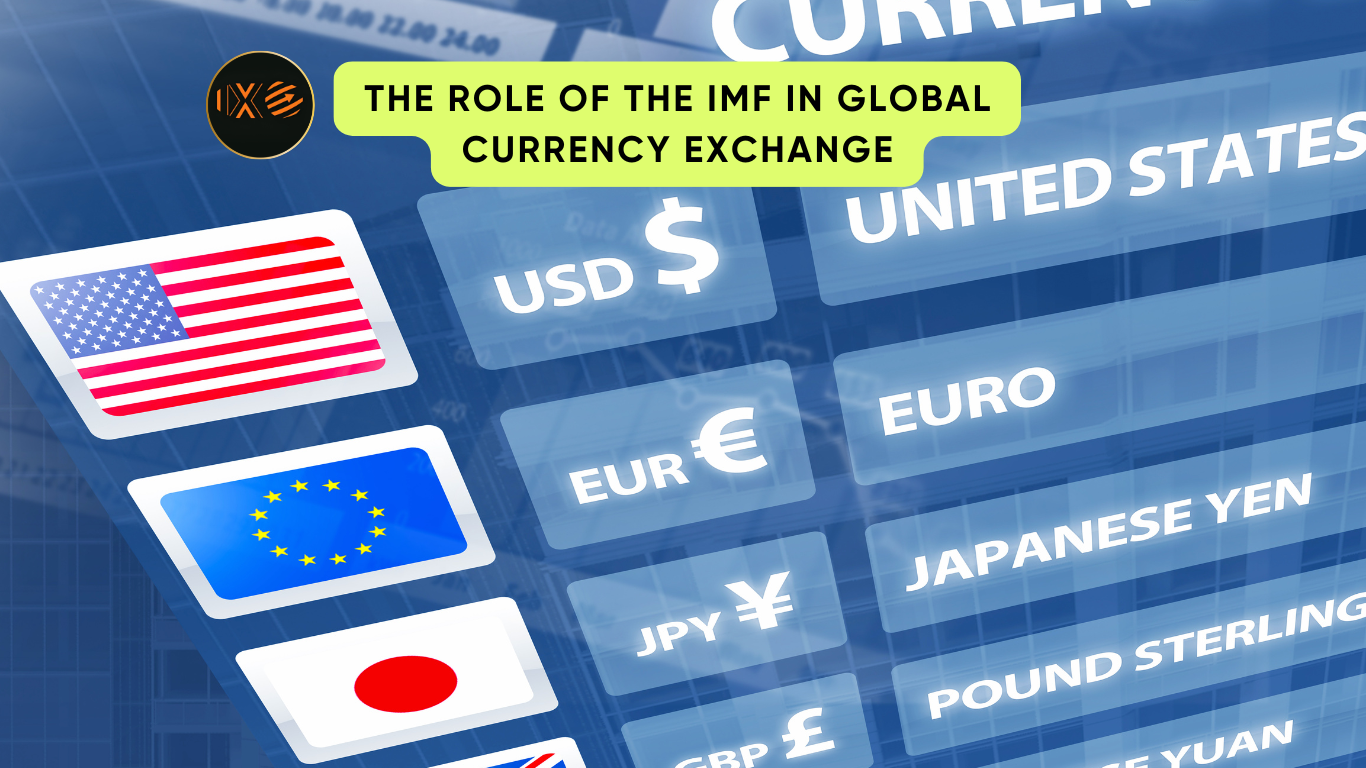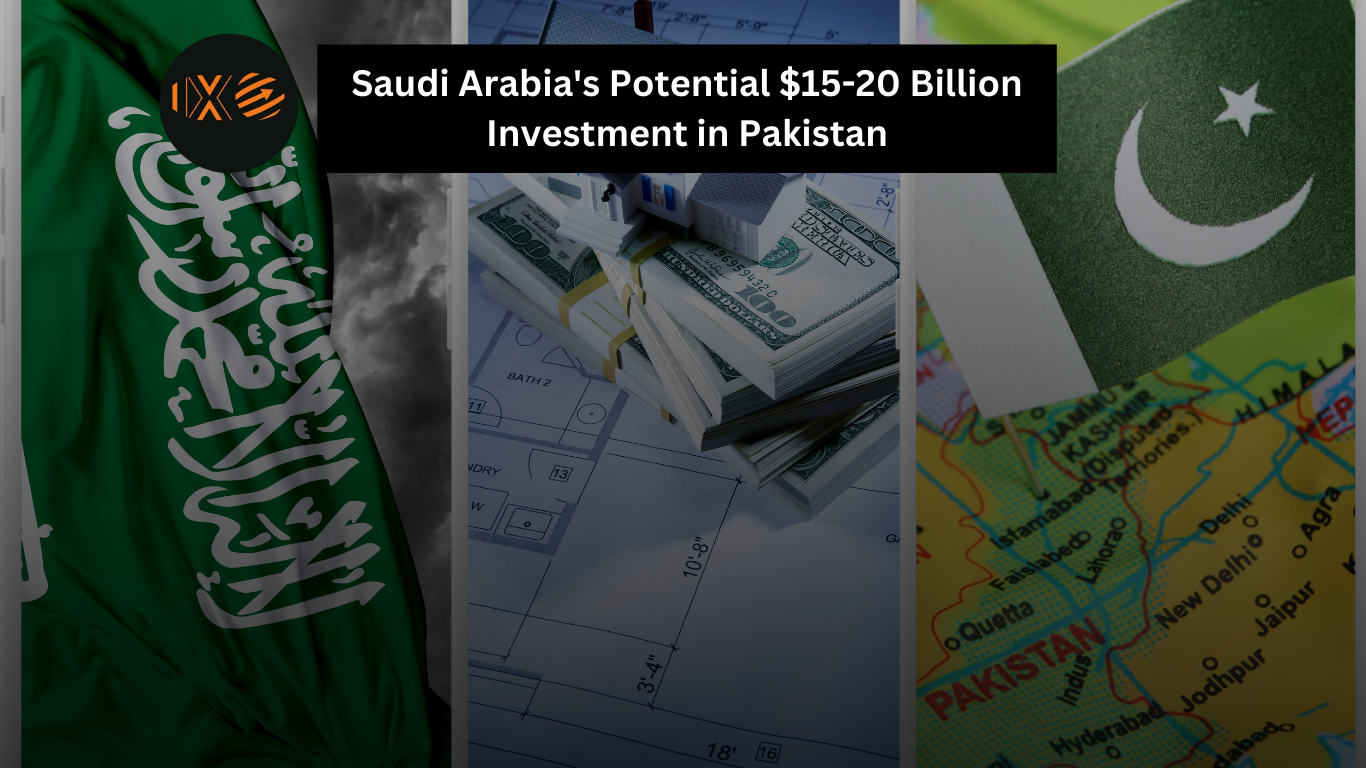Introduction to the IMF’s Influence on Global Currency Exchange
The International Monetary Fund (IMF) plays a critical role in stabilizing and shaping global currency exchange. As the world becomes increasingly interconnected through trade, investment, and tourism, the influence of the IMF on currency values and exchange rates has grown more pronounced. The IMF’s primary mission is to ensure the stability of the international monetary system, which involves overseeing exchange rates, facilitating balanced trade between countries, and promoting economic growth. This blog will explore the pivotal role the IMF plays in global currency exchange, its mechanisms, and the ways it impacts both developed and developing economies.
The global currency exchange market is one of the most dynamic sectors of the world economy, and the IMF serves as a central figure in maintaining its equilibrium. In the first paragraph, we emphasize that understanding the role of the IMF in global currency exchange is essential for grasping the complexities of international economics.
The IMF’s Objectives in Currency Exchange
The International Monetary Fund was established in 1944 with several key objectives in mind, many of which directly relate to currency exchange. These objectives include:
- Promoting international monetary cooperation: The IMF acts as a forum for discussion between member countries, allowing for cooperation on global monetary policies and exchange rate management.
- Facilitating balanced trade: Through monetary stability, the IMF seeks to foster balanced trade between countries, preventing economic crises and ensuring sustainable economic growth.
- Ensuring exchange rate stability: One of the IMF’s main functions is to ensure stability in the exchange rates of member countries. It does this by monitoring currency movements and recommending policies to prevent undue volatility.
- Providing short-term financial support: In times of economic crisis, the IMF provides short-term loans to member countries to help stabilize their currencies and prevent further depreciation.
Through these objectives, the IMF provides a critical foundation for currency exchange, ensuring that countries can trade goods and services without excessive fluctuations in exchange rates.
How the IMF Impacts Currency Exchange Rates
The IMF’s influence on currency exchange rates can be seen through several mechanisms. Its primary role is to monitor exchange rate policies of member countries and provide technical advice and financial support when necessary.
Monitoring Exchange Rates
The IMF closely monitors the exchange rate policies of its member countries. This is done to ensure that there are no unfair competitive advantages, such as currency manipulation. The IMF provides an independent evaluation of a country’s currency value and intervenes when there are significant discrepancies that could destabilize global markets.
Providing Financial Assistance
One of the most visible roles of the IMF in currency exchange is providing financial assistance to countries in crisis. For example, when a country experiences a balance of payments crisis or its currency devalues rapidly, the IMF steps in to offer loans and stabilize the economy. This financial assistance often comes with conditions, such as implementing economic reforms to ensure long-term stability.
Policy Recommendations
The IMF also influences currency exchange rates by recommending policy changes. These recommendations often involve tightening fiscal policies, adjusting interest rates, or modifying exchange rate regimes. The IMF’s advice is geared towards creating a more stable economic environment, which in turn leads to more stable exchange rates.
The IMF and Exchange Rate Systems
The role of the IMF in global currency exchange extends to overseeing various exchange rate systems. Countries adopt different exchange rate regimes based on their economic objectives, and the IMF works to ensure that these regimes promote global financial stability.
Fixed Exchange Rate Systems
In a fixed exchange rate system, a country’s currency is pegged to another major currency, such as the US dollar or the Euro. The IMF provides guidance and financial support to countries that adopt fixed exchange rates, helping them maintain their currency peg in times of market fluctuations.
Floating Exchange Rate Systems
Under a floating exchange rate system, the value of a currency is determined by market forces such as supply and demand. While these rates are more flexible, they can also lead to significant volatility. The IMF helps countries with floating exchange rates by providing recommendations on how to manage inflation and other economic factors that influence exchange rates.
IMF Interventions in Currency Crises
The IMF’s role in addressing currency crises is one of its most significant functions. When a country’s currency experiences extreme depreciation, it can lead to inflation, reduced purchasing power, and an economic downturn. The IMF steps in to provide emergency loans and policy advice to stabilize the situation.
Case Study: The Asian Financial Crisis
One of the most well-known examples of the IMF’s intervention in a currency crisis is the Asian Financial Crisis of 1997. Several Southeast Asian countries, including Thailand, Indonesia, and South Korea, saw their currencies collapse after years of speculative investment. The IMF provided financial assistance and economic reforms to these countries, helping stabilize their currencies and restore investor confidence.
Case Study: Argentina’s Currency Collapse
In 2001, Argentina experienced a currency collapse that led to widespread economic hardship. The IMF provided emergency loans and worked with the Argentine government to implement structural reforms aimed at restoring economic stability. While the recovery was slow, the IMF’s intervention was essential in preventing a complete economic collapse.
The IMF’s Role in Developing Economies
The IMF plays a particularly important role in developing economies, where currencies are often more vulnerable to fluctuations. These countries rely on stable exchange rates to maintain trade balances and attract foreign investment.
Supporting Currency Stability
In developing countries, currency stability is crucial for economic growth. The IMF helps these countries by providing financial support during periods of volatility and advising on policies that can enhance currency stability. This support allows developing economies to remain competitive in the global market.
Encouraging Trade and Investment
Stable exchange rates are essential for encouraging trade and investment in developing economies. The IMF works to create an environment where international investors feel confident in the stability of a country’s currency. This, in turn, leads to greater foreign direct investment and trade opportunities for these nations.
The Future of the IMF in Global Currency Exchange
As the world continues to globalize, the role of the IMF in global currency exchange is likely to become even more significant. Emerging technologies, such as digital currencies and blockchain, may change the way countries manage their currencies. However, the need for a central organization like the IMF to ensure global monetary stability will remain essential.
Digital Currencies and the IMF
The rise of digital currencies presents both challenges and opportunities for the IMF. On one hand, digital currencies could lead to more efficient and transparent currency exchange systems. On the other hand, digital currencies could increase risks like currency manipulation or reduced control by central banks. The IMF must adapt its policies to address these challenges and ensure digital currencies support global stability.
Blockchain and Currency Exchange
Blockchain technology has the potential to revolutionize currency exchange by reducing transaction costs and increasing transparency. The IMF is already exploring how blockchain can be used to improve currency exchange systems, particularly in developing economies. By embracing these new technologies, the IMF can continue to play a central role in global currency exchange.
Conclusion
The IMF’s role in global currency exchange is indispensable. The IMF ensures global monetary stability by monitoring exchange rates, providing financial aid, and advising on policies. As the global economy evolves, its role in managing currency exchange and economic stability will grow even more crucial.
Islamabad Exchange Company: Your Trusted Partner in Currency Exchange
Islamabad Exchange Company is your go-to choice for currency exchange in Islamabad. We serve a wide range of sectors, including E9, E11, F11, F-10, F-8, F-7, F-6, F-5, G-5, G-6, G-7, G-8, G-9, G-10, G-11, G-13, H-8, H-9, I-8, I-9, and I-10. Our services also extend to the Blue Area, Rawalpindi, and Peshawar.
We prioritize customer satisfaction and ensure a seamless experience for all your currency transactions. Our services range from traditional money changers to modern foreign exchange solutions. If you’re looking for money exchange near you, our branches in the Blue Area and F-10 are conveniently located. We offer competitive rates for a variety of currencies, including USD to PKR, GBP to PKR, EUR to PKR, SAR to PKR, AED to PKR, AUD to PKR, CAD to PKR, Thai Baht to PKR, Yuan to PKR, Yen to PKR, and Lira to PKR.
- Fast, secure currency exchange at competitive rates
- Real-time rates at isbexchangeco.com
- Smooth, transparent, and reliable service
For any inquiries, contact us at:
- 051-2809751-52
- 051-2105491
- 0330-1112227
Quick Links:
- Home: Learn more about our services and get real-time updates on exchange rates.
- About Us: Discover our mission and commitment to providing secure and competitive currency exchange services.
- Contact: Reach out to us with any queries or for assistance with your currency exchange needs.
- Blog: Stay updated with our latest articles and tips on currency exchange and financial management.



